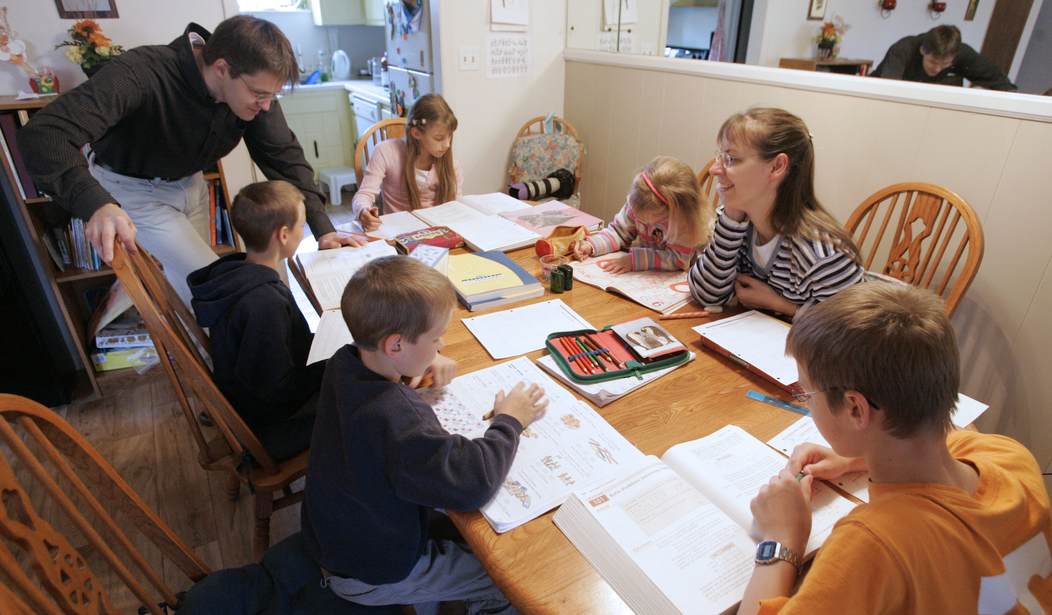There are some pretty interesting factoids about the US birthrate in this Washington Post story published today. For instance, I had no idea that despite the US birthrate hitting an all time low, the percentage of people having one child had been almost completely steady since the mid-1980s. In other words, the declining birth rate isn’t because more people are having one child instead of several, it’s because over the past decade more people than ever are having no children at all while people having two or three are also on the decline.
In particular, it seems that Millennials (those born between 1981 and 1994) are much less interested in having kids.
So why are people choosing none over one? The biggest determinants of childlessness seem to be youth, marriage (or lack thereof) and higher education. The shift toward zero kids came fastest among younger women, especially those in their 20s, though we now see it across the age spectrum.
But look deeper at that data and you’ll spot something wild. Women in their early 20s embraced childlessness first, with a sharp rise beginning around 2002. That happens to be when the first millennials, born in 1981, entered that age group. For women in their later 20s, the jump in childlessness happened in 2006, just as the first millennials arrived.
As you ascend the age spectrum, the millennial echo follows. When the oldest millennials hit their 40s, even 40-year-olds become more likely to go childless.
The story notes that it’s pretty unusual to be able to pinpoint disjunctions like this in the data based on things like which generational cohort people belong to. After all, these distinctions are entirely made up. And yet in this case it seems they do matter. So why are Millennials not interested in having kids?
Millennials were also less likely to get married and less likely to buy a home, both factors that were thought to contribute to their lower likelihood of having kids. But Millennial home ownership has been growing sharply since 2015 while birthrates among the same group have continued to drop.
The bottom line is that no one really knows why Millennials are the way they are but there are two theories pointed to in the article as possibilities. Possibility one is that millennials just hit the worst timing when it came to economic headwinds and it left them uncertain about the future.
Hammered by the Great Recession, soaring student debt, precarious gig employment, skyrocketing home prices and the covid-19 crisis, millennials probably faced more economic headwinds in their childbearing years than any other generation. And, as sociologist Karen Benjamin Guzzo, director of the Carolina Population Center at the University of North Carolina, told us, it put them behind on everything you’re supposed to line up before you have kids.
Guzzo told the Post, “Some people may feel like they’re never going to be in a good place.” And if you feel like things aren’t getting better, you’re probably less likely to want to bring children into that equation.
Another possibility is that millennials have delayed having kids because of the problems mentioned above but will come around eventually.
If women are able to follow through on their delayed family plans, much of the rise in childlessness could be erased, according to a 2020 analysis of the same data set by Gemmill and Caroline Sten Hartnett of the University of South Carolina. But with older millennials in their 40s, time for a reversal may be running out.
Older millennials are still in their early 30s so it’s possible they could still shift direction.
But I’m sort of surprised that one obvious possibility never gets mentioned. Maybe a lot of people (56% according to a Pew poll) just don’t want kids because they’ve been told over and over that the world’s environmental situation is dire and getting worse every year. Some environmentalists have been pretty open about saying no to children as a way to make things better for the planet. But even for those who don’t vocalize such views are surely aware of them.
What I’d really like to see is this same set of data broken out by political views. I don’t know but I suspect the more conservative, religious folks among us are holding up their end while the more progressive elements are the ones putting of having kids or choosing not to have them at all.







Join the conversation as a VIP Member